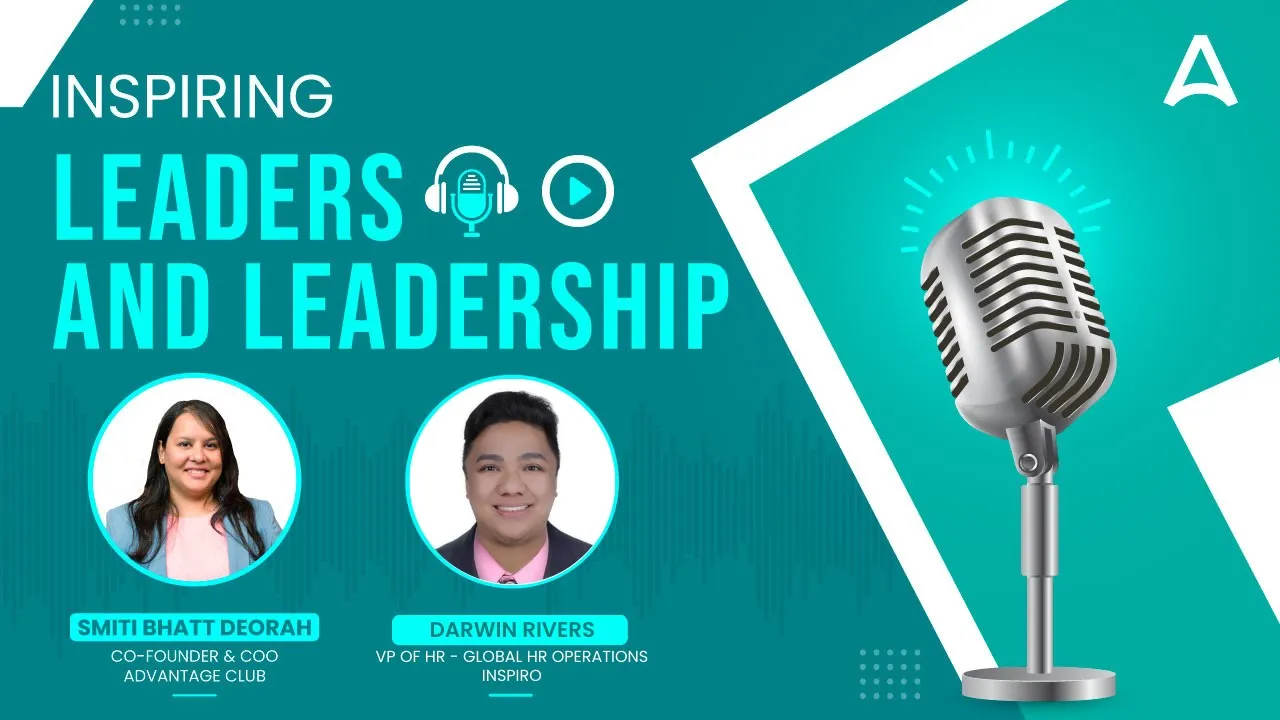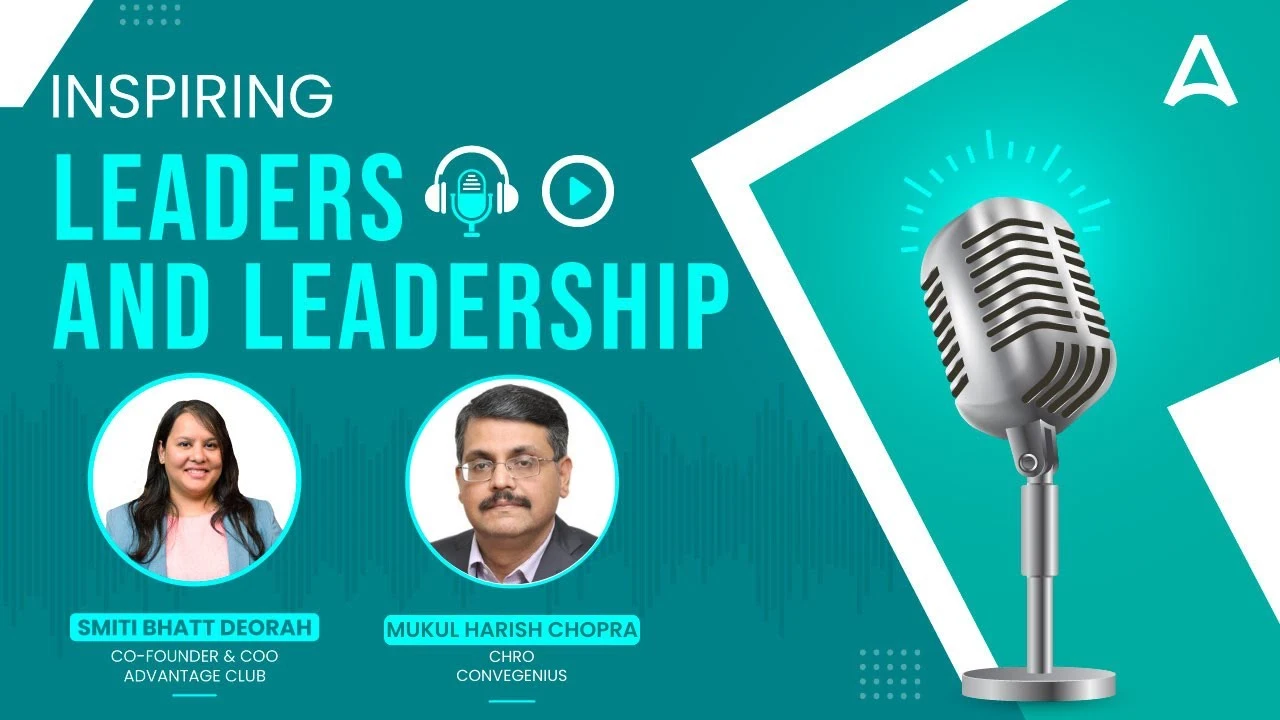
Managers have long been a key source in building an organization’s culture and playing a vital role in influencing the company’s employee value proposition.
Managing teams have never been easy, but it has become even more challenging with hybrid work arrangement, multi-generational workforce, social media influence, revolutionary generative AI involvement in day-to-day tasks, and new emerging trends like self-managed teams are some of the reasons that make the role more demanding.
With so many challenges at hand, the real melting pot for organizations is to keep employee experience intact as the top priority. With Hybrid work arrangements, business leaders have been concerned regarding reduced productivity, low team morale, lesser team collaboration, and employee burnout. The bigger question pertaining to all organizations today is who will own up to solving this challenge: Business leaders, HR, systems, processes, or Technology.
As organizational hierarchies become flexible and virtual, people managers will have to increasingly become channels that build better, agile, engaging, and collaborative relationships. Over the years, the manager role has gone through a transformational shift. Strengthening the manager’s role has become a boardroom level of discussion in many organizations globally.
A few years back, people managers were tasked to delegate a breakdown of an organization’s or leader’s large vision into small actionable tasks. The role was limited to ensuring that people met or exceeded the achievement of these tasks. But as organizations have evolved over the last decade or so, people’s experience has become the new staple food for achieving competitive advantage. The role of people managers has become much broader and has accordingly advanced to include employee development, performance management, career nurturing, engagement & well-being. This requires a shift in the manager’s behavioral traits and personality and a paradigm shift in thinking and managing teams and individuals.
As this mind-shift journey evolves, each manager is expected to:
- Build High-Performance environments: Identify individual strengths, development areas & future potential. Take managed risks on people to stretch & try new things.
- Get to know the people beyond work: motivations, struggles, aspirations, personal challenges, preferred style of employment, etc. The team should be able to bring their whole self to work.
- Prioritize People before Progress: Practicing duty of care, both physical & emotional well-being, i.e., Understanding work-life balance, creating an inclusive environment, being patient yet actively listening towards everything, etc.
- Ignite the Power of Camaraderie and Trust: Showcase best interest in all actions. Conversations & activities to support personal development & career growth of employees.
- Showcase Inspiring leadership: Inspire through influence, coaching & mentoring. Appreciate & express genuine support for teams' aspirations.
- Create an open, honest & inclusive culture: Build individual and personal rapport that creates a balance of business and people priorities in all decision-making.
- Be truthful and authentic, even when it's not easy: Managers often deal with difficult situations and people. Being truthful & authentic strengthens the relationship and makes them even stronger leaders.
These expectations may be a partial list, but they cover an enormous scope for any manager to become more connected & emerge as a stronger leader. As business environments become more dynamic & volatile, the new-age people manager must open, adapt, and evolve consistently to the emerging risks. While managers will continue to play a significant part in fostering a productive and positive work environment, they must create a culture that reinforce strategic advantage for organizations.

Tarunpreet Singh
Director, Global Human Resources Director, Capgemini.
Tarunpreet is the Global HRBP with a large IT organization and has 15+ years of experience driving productivity, implementing innovative HR initiatives, and leading culture and talent management initiatives that are focused on organizational structure, change management, business transformation, and talent economics.





